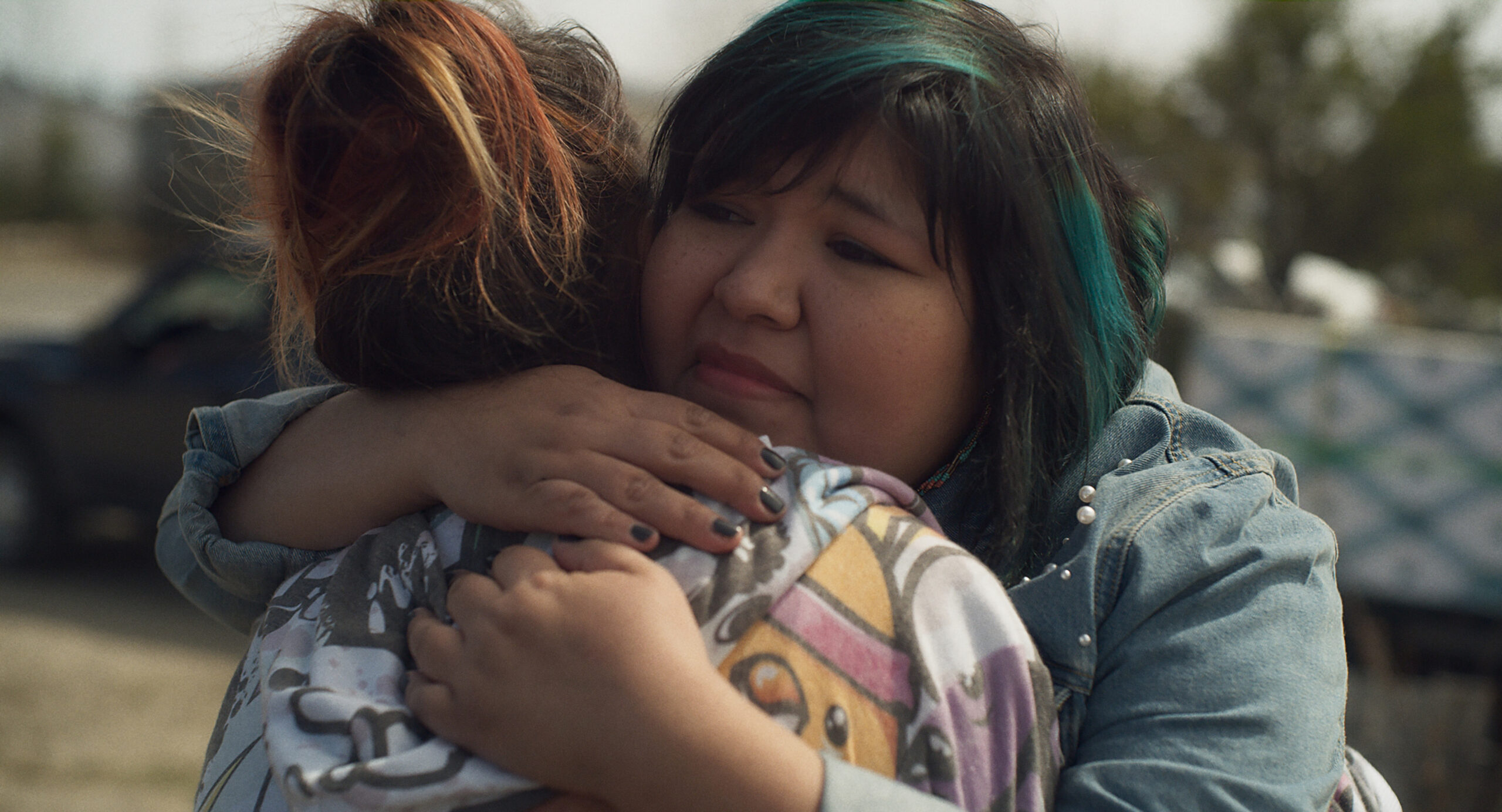In a Young Critic’s Opinion #5: "Kuessipan"

We dedicate the In a Young Critic’s Opinion series to the group of young people who have been associated with Ale Kino! for years. They met us when they were just pre-schoolers coming to our screenings of the best cartoons; they’ve stayed with us, even now when they are already diligent high-schoolers or adult university students. We are happy to hand them over our website and read their opinions on the films shown during the 38. edition of the Ale Kino! Festival.

How much do we know about the Innu? I must admit that I knew nothing about them until I saw ‘Kuessipan’.
The film lets us into a world of the unknown. We’re guided through it by a story of friendship between two completely different girls. Mikuan lives with her loving family and dreams about becoming a poet when she grows up. Shaniss is a victim of domestic violence and alcoholism. Soon, she drops out of school to live with her boyfriend and raise her daughter.
The girls’ friendship is put to the test when Mikuan meets Francis, “a white guy from Quebec", in a club. Because of his origins, their relationship is frowned upon by the girl’s family and her friend.
In this film, exciting adventures give way to difficult decisions caused by living in a small community with strong traditions. The protagonist has to face and answer many questions: Does tradition make her stay proud and loyal to her culture or does it give her courage to struggle for freedom? Or maybe there’s no right answer to that? All we know is that staying in the reserve is no longer an option for Mikuan as it seems too small for the better life she wants to create for himself. At the same time, Shannis only dreams about having a full and happy family and doesn’t accept her friend’s decision. She’s afraid that Mikuan will lose her cultural identity, which is so crucial for the Innu.
Despite many conflicts, the protagonists always find their way back to each other. However, my favourite scenes show Mikuan reading her poems, showing how sensitive she is to the world around her. She describes her feelings, problems and thoughts in them. The film gives us quite a lot of space to enjoy them.
The closest translation of the word kuessipan is ‘your turn’. How can this be interpreted in the context of the film? Maybe: “It’s time to show the world an undiscovered culture.” The director does this by casting members of the Innu community – one of them plays the character of Mikuan, who, by sharing her art, will surely make this culture famous.
Agnieszka Fink


